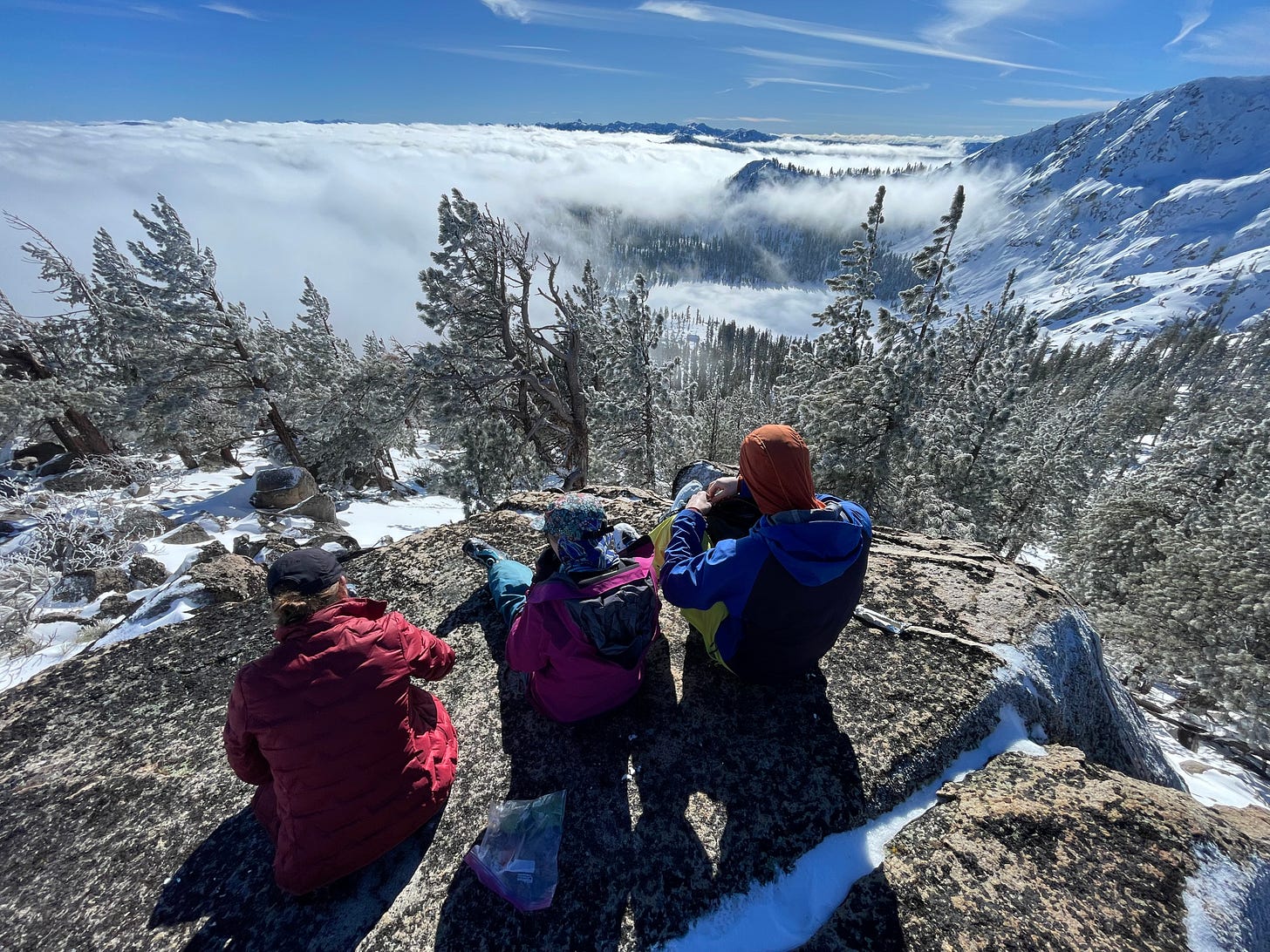I am an Associate Professor of Sociology at UC Merced where I co-founded the Higher Education, Race, and the Economy (HERE) Lab.
I investigates the power of elites in politics and the economy, as well as policy and organizational strategies to promote more equitable distributions of power and wealth. My book, Bankers in the Ivory Tower (University of Chicago Press, 2022), is about the relationship between financialization, inequalities in higher education, and the rise of private equity and hedge fund investors among US billionaires. The book won the Pierre Bourdieu best book award from the American Sociological Association.
My ongoing research examines how billionaires from finance and from big tech adopted more oligarchical roles in US politics.
My writing and research has appeared in the New York Times, Washington Post, LA Times, TIME, Newsweek, and elsewhere.
My academic work has been published in American Sociological Review, Review of Financial Studies, Social Forces, Socio-Economic Review, Sociology of Education, Politics & Society, Research in Higher Education, Sociological Compass, and Socius.
My research uses data carpentry to digitize, link, and construct original data for measuring inequalities in the resources and activities of elites and less powerful social groups. With my collaborators at the HERE Lab, I publish code and data from this work at the Higher Ed Data Hub.
My newsletter connects weaves together economy sociology, political economy, data visualization, open science methodology, and my explorations of self. I do most of my thinking in the mountains, preferably while backcountry skiing.
What is Progressive Disclosure?
Progressive Disclosure has multiple meanings for me. The least interesting meaning is that while I’m professionally an economic sociologist, a lot of my research has progressive policy and political implications. What does progressive mean to me? I’m hoping to explore this as my thinking is shifting through my research, life experiences, and the extraordinary political upheaval of our day. How much will I disclose about myself? We’ll see. Tell me what you’d like to know.
I’m more enamored of the idea of progressive disclosure as an interactive design method — and as a method of thinking. Progressive disclosure allows a viewer or user to zoom in and the trees in vivid detail or zoom out for view of the full forest. Or to observe the forest from above or from the ground up. I’ve been engaging with this idea for a while through the data visualization work of W.E.B. Du Bois. In their beautiful book, Whitney Battle Baptiste and Britt Russert note that Du Bois used progressive disclosure by plotting multiple graphs together to visualize Black life in 1900 across multiple dimensions, including space, time, and racial boundaries. In its best applications, progressive disclosure can help us to understand the relationship between the micro-level workings of life and macro-level systems.
I’ve tried to draw on Du Bois’ approach to progressive disclosure in my own data visualization and writing. But progressive disclosure also resonates with my passion for exploring the mountains of California’s Sierra Nevadas. As a backcountry skier and runner, I am drawn to the multiple perspectives one gains when navigating through forests, climbing mountains, or sitting atop a peak.
What You Can Expect
I only plan to send you something when I think it’s worth sharing with you. I’m hoping this will be around once a month. We’ll see. I will try to confine what I write to areas where I really have expertise — economic sociology, financiers, elites, universities, open science methods, data visualization, and my own social experiences, including a dash of backcountry skiing.
I will probably combine multiple topics or pieces of news in a single newsletter so as to spare your in-box.
I’d Love to Hear from You
If you have reactions to anything I share, I’d love to hear back from you. I think you can just hit reply. Please also feel free to send me anything you write, read, or make that you think I’d be interested in. When it’s a great fit, I may include it in the news letter. Please also let me know if there’s anything you’d like to me to devote more attention to in the newsletter.
There’s no need to pay for this newsletter. I don’t plan to do paid content. But you’re welcome to chip in to support me, especially if Trump gets the University of California to eliminate my job.
If all this isn’t a match for you, and you need to unsubscribe, I totally get it. Either way, thanks for considering whether to join this experiment with me.


